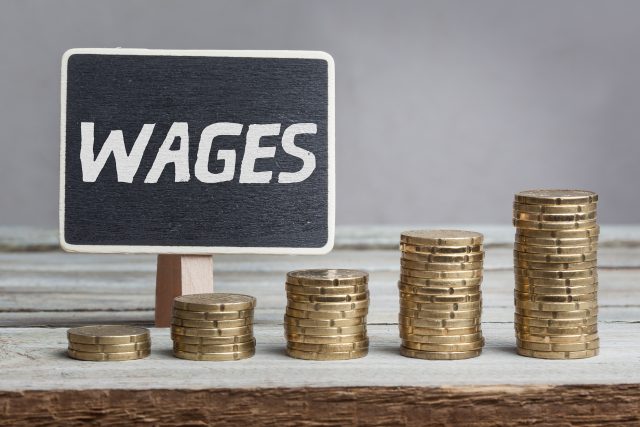Workers in the private sector are set to receive wage increases of 2.4 per cent on average next year, according to new research by Willis Towers Watson.
The survey of more than 550 companies revealed that workers in the insurance sector are set to receive pay hikes of 2.9 per cent and the fintech and business and technical consulting sectors can expect a 2.8 per cent increase.
In contrast, companies in the leisure and hospitality sectors are planning average wage increases of just 1.4 per cent in 2021, while construction, property and engineering firms intend to raise salaries by 1.8 per cent and those in the automotive sector by 1.9 per cent.
Keith Coull, senior director in Willis Towers Watson’s Global Data Services business, said: “Not all industries have been impacted in the same way. While many technology and banking firms have been successful due to their ability to aid digital acceleration and financial liquidity, companies in the hospitality, leisure and airline industries have suffered.
“The differences in how companies were impacted by the pandemic are likely to be heavily reflected in pay rise levels too.”
European companies are expected to be more generous than their British counterparts, with European workers in the private sector receiving 2.9 per cent wage increases on average next year, while the global average pay rise in 2021 is expected to be 4.4 per cent.
The UK figures are part of the company’s Salary Budget Planning report, which polled 18,000 firms in 130 countries between October and November this year.
The poll also discovered a steep drop in the number of UK firms intending to freeze pay, with just 12 per cent planning to do so in 2021, down from 33 per cent this year. However, more than a quarter (28 per cent) of companies have already decided to lower performance-related bonuses next year, while more than half (55 per cent) are considering doing so.
Coull added that after a difficult year, firms were “looking ahead to 2021 with cautious optimism, which is reflected in slightly higher pay rise budgets than we saw this year”.
Responding to the new figures, Charles Cotton, senior reward and performance adviser at the Chartered Institute of Personnel and Development, said that, if the forecasts are realised, it would be positive news for the private sector. “It suggests most employers are optimistic about a sharp post-Covid economic recovery, notwithstanding concerns about a post-Brexit trade deal,” he said.
He added that going forward, employers’ pay decisions would be judged by their fairness and their employees’ financial wellbeing. “Employers will be under immense pressure to ensure these pay rises are evenly distributed across their workforce, perhaps seeing higher rises for the lowest paid,” he said, advising that employers not able to offer pay rises be “open and honest about their business situation” and look at what else they can offer their employees.
However, Kate Bell, head of economics at the TUC, noted that many of these forecasted pay rises were just above the rise in the cost of living. “We have a long way to go to get to decent pay growth,” she said.
The expected pay rises in the private sector pay are in stark contrast to the public sector. In last week’s spending review, chancellor Rishi Sunak announced a pay freeze for public sector workers, with exceptions for the NHS and some of the lowest paid. However, the government has yet to decide just how much the increase for NHS employees will be, which means it may amount to a pay cut in real terms.
4th December 2020.









